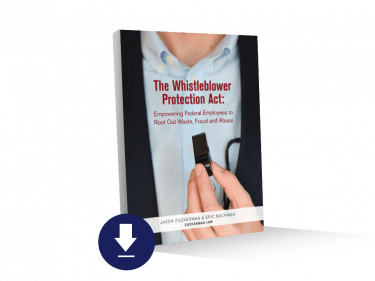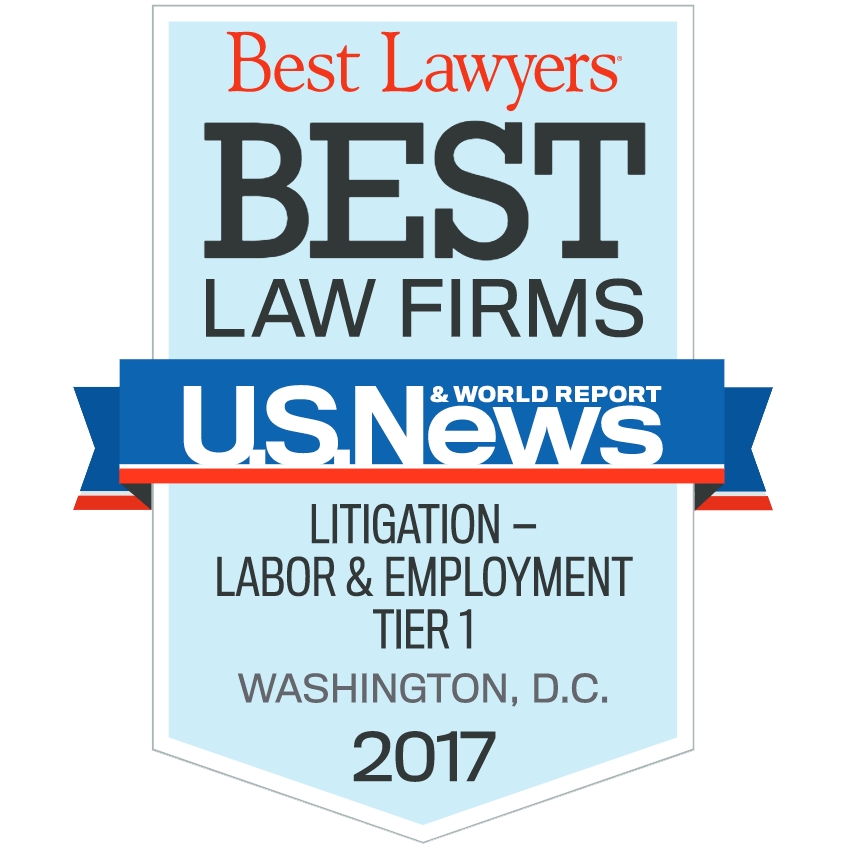Under the WPA, the whistleblower must prove that the agency officials accused of retaliation knew about the individual’s protected disclosures. An employee can show either actual or constructive knowledge.
Actual Knowledge
An employee may prove actual knowledge using direct or circumstantial evidence (Bonggat v. Dep’t of the Navy, 56 M.S.P.R. 402, 407 (1993)). However, there are no reported cases where an employee established actual knowledge from circumstantial evidence alone.
The Board has found actual knowledge from both:
- Unequivocal testimony of actual knowledge.
- Equivocal denial of actual knowledge.
(See Jones v. Dep’t of the Interior, 74 M.S.P.R. 666, 674 (1997).)
Constructive Knowledge
An employee can establish constructive knowledge when an official with actual knowledge influenced the deciding official (see McClellan v. Dep’t of Defense, 53 M.S.P.R. 139 (1994)). Similarly, where “the person who exhibited discriminatory animus influenced or participated in the decisionmaking process, a reasonable factfinder could conclude that the animus affected the employment decision.” See Dominguez-Curry v. Nev. Transp. Dep’t, 424 F.3d 1027 (9th Cir. 2005).
In Gordon v. New York City Bd. of Educ., 232 F.3d 111, 116 (2d Cir. 2000), the court held, “Neither this nor any other circuit has ever held that, to satisfy the knowledge requirement, anything more is necessary than general corporate knowledge that the plaintiff has engaged in a protected activity.” See also Henry v. Wyeth Pharm., Inc., 616 F.3d 134, 148 (2d Cir. 2010) (“a jury may find retaliation even if the agent denies direct knowledge of a plaintiff’s protected activities, for example, so long as the jury finds that the circumstances evidence knowledge of the protected activities or the jury concludes that an agent is acting explicitly or implicit[ly] upon the orders of a superior who has the requisite knowledge).
Guide to the Whistleblower Protection Act
Whistleblower attorneys Eric Bachman and Jason Zuckerman, former senior officials at the U.S. Office of Special Counsel, have released a guide for federal employee whistleblowers titled The Whistleblower Protection Act: Empowering Federal Employees to Root Out Waste, Fraud and Abuse and is available for download by clicking here. The goal of the guide is to inform federal employees about the whistleblower rights and protections available under the Whistleblower Protection Act, as amended by the Whistleblower Protection Enhancement Act and the Follow the Rules Act.
The goal of the guide is to inform federal employees about the whistleblower rights and protections available under the Whistleblower Protection Act, as amended by the Whistleblower Protection Enhancement Act and the Follow the Rules Act.
Drawing on their experience enforcing the WPA at OSC and representing whistleblowers in private practice, the guide provides an overview of the WPA and offers practical tips for navigating some of the challenging issues that often arise in whistleblower cases. Topics covered include:
- What Disclosures are Protected Under the Whistleblower Protection Act?
- Does the Whistleblower Protection Act Protect Employees Who Exercise an Appeal or Grievance Right?
- Prohibited Forms of Whistleblower Retaliation
- Proving Knowledge of Protected Whistleblowing
- Proving Causation
- What is an Agency’s Burden to Avoid Liability Once the Whistleblower Has Proved Causation?
- Seeking Relief from Retaliation
- Election of Remedies
- Can OSC Seek a Stay of a Personnel Action?
- Damages or Remedies for Retaliation
- Gag Orders and Non-Disclosure Agreements
Experienced Washington DC Whistleblower Protection Lawyers
 Zuckerman Law has represented whistleblowers before the Office of Special Counsel, Offices of Inspectors General, and Congressional oversight committees. The firm is uniquely qualified to represent whistleblowers in the federal government because two of the firm’s attorneys served in senior roles at the U.S. Office of Special Counsel.
Zuckerman Law has represented whistleblowers before the Office of Special Counsel, Offices of Inspectors General, and Congressional oversight committees. The firm is uniquely qualified to represent whistleblowers in the federal government because two of the firm’s attorneys served in senior roles at the U.S. Office of Special Counsel.
- Eric Bachman served as Deputy Special Counsel, Litigation and Legal Affairs, OSC, where he spearheaded an initiative to combat whistleblower retaliation at the Department of Veterans Affairs. During Bachman’s tenure at OSC, the number of favorable actions for whistleblowers increased by over 50% agency-wide.
- Jason Zuckerman served as Senior Legal Advisor to the Special Counsel at OSC, where he worked on implementation of the Whistleblower Protection Enhancement Act and several high-profile investigations.
The firm has represented whistleblowers testifying before the House Financial Services Committee and vigorously opposed efforts to silence whistleblowers. The whistleblower protection lawyers at Zuckerman Law have also helped federal employees combat unlawful gag provisions in agency policies or agreements.
If you are seeking representation in a whistleblower protection case, clickhere, or call us at (202) 769-1681 to schedule a free preliminary consultation. And to learn more about whistleblower protections for federal employees, see Whistleblower Protections Under the Whistleblower Protection Act.









